Drunk, stoned and churning on amyl nitrate, Phil Spector sidled up to Leonard Cohen and put a pistol against the Canadian singer's neck.
Subscribe now for unlimited access.
or signup to continue reading
"Leonard, I love you" he said.
"I hope you do, Phil," Cohen replied.
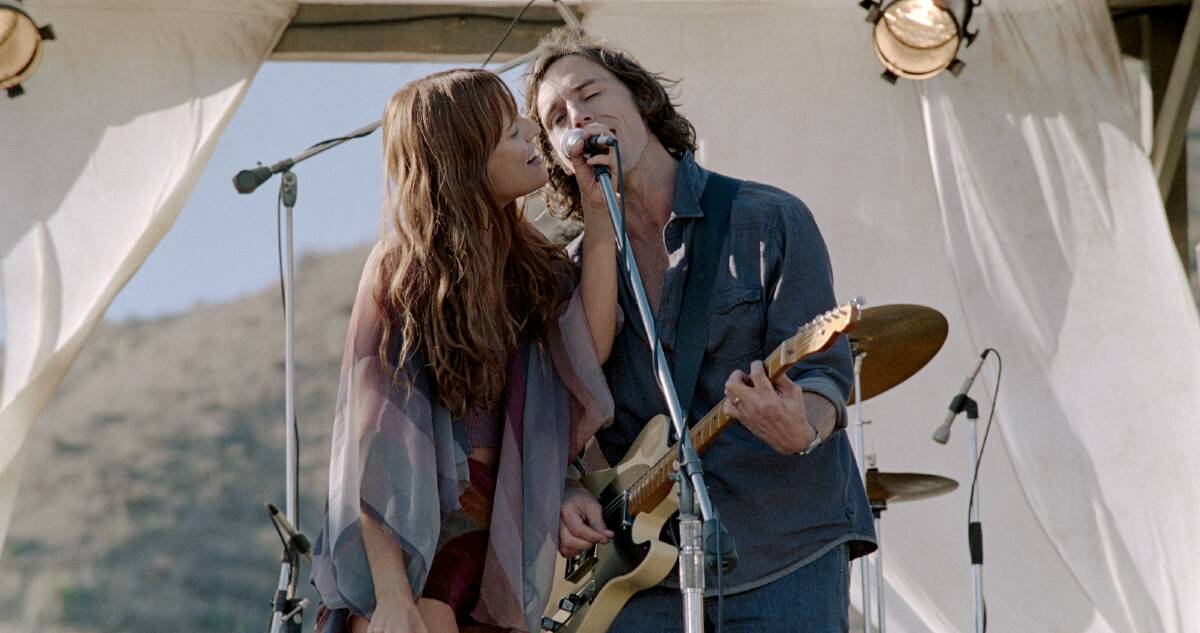
Cohen lived to tell the tale about that frightening 1976 incident with his unhinged producer, but it could have easily gone the other way.
Spector (who'd pulled guns on other artists before, including John Lennon) would eventually die in a prison hospital after being found guilty of second-degree murder following the 2003 shooting of actress Lana Clarkson at his Californian mansion.
"It was a somewhat dangerous atmosphere," Cohen recalled diplomatically of his time making Death of a Ladies' Man with the "wall of sound" pioneer.
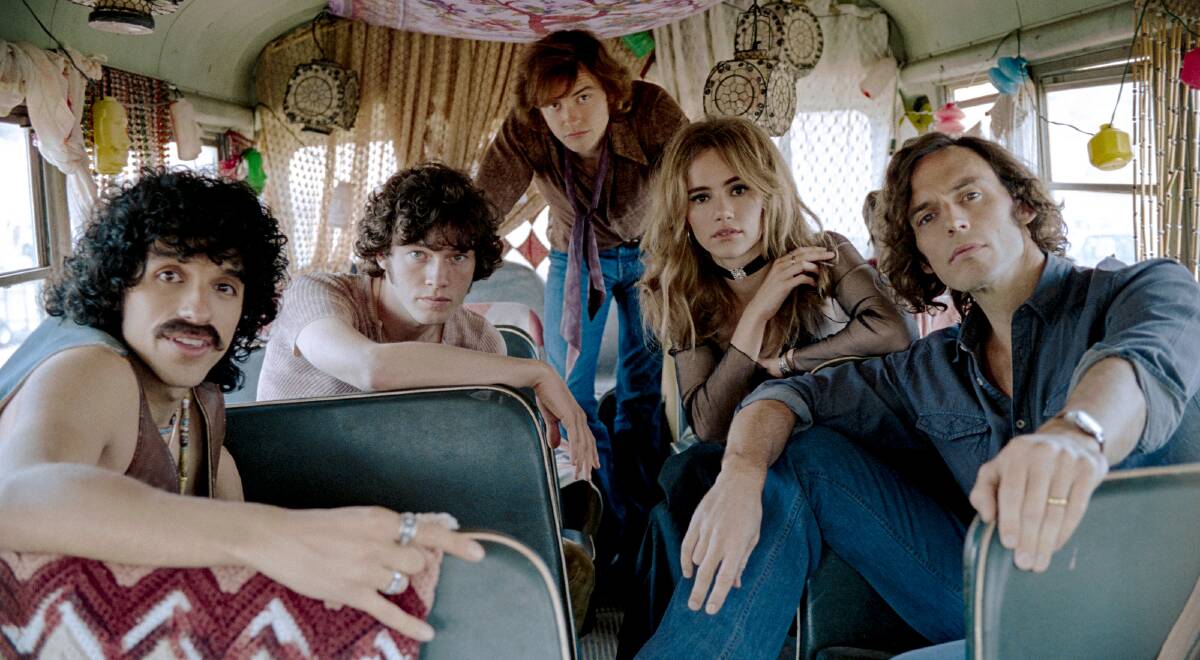
The album was a messy flop, but, homicidal maniacs aside, it still features Don't Go Home with Your Hard-On, so, you know, thanks Phil.
Occupational health and safety red flags notwithstanding, what happened across those thousands of American recording studios in the 1970s was special. Time and place. Lightning in a bottle. Impossible to replicate.
Amazon Prime's new series Daisy Jones & the Six doesn't so much want to replicate that time and place as it does pay homage to it, there's a piety at play here, a sanctification, and therefore, apocrypha.
It's all a bit icky.
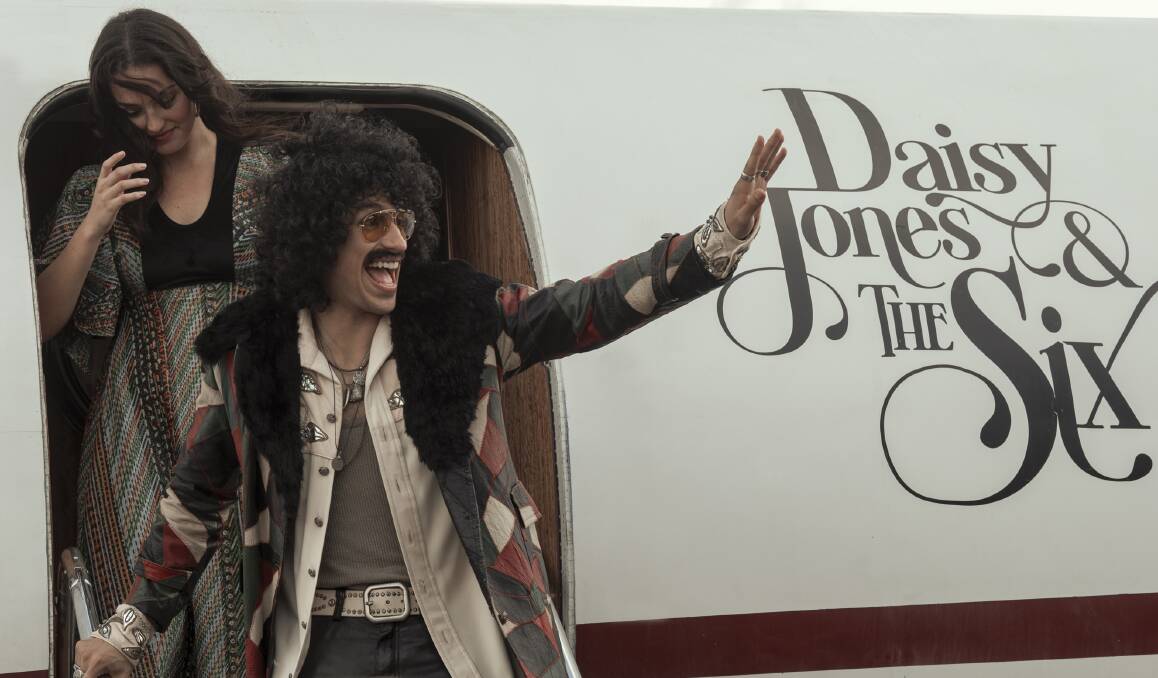
The show - about the vicissitudes of a fictional band inspired by Fleetwood Mac - is the millennial streaming equivalent of all those baby boomers who lied about being at Woodstock.
By all accounts the 2019 book by 39-year-old Taylor Jenkins Reid, on which the series is based, is a great read.
How great a read?
"I devoured this in a day," someone purporting to be Reese Witherspoon testifies on the cover of one version.
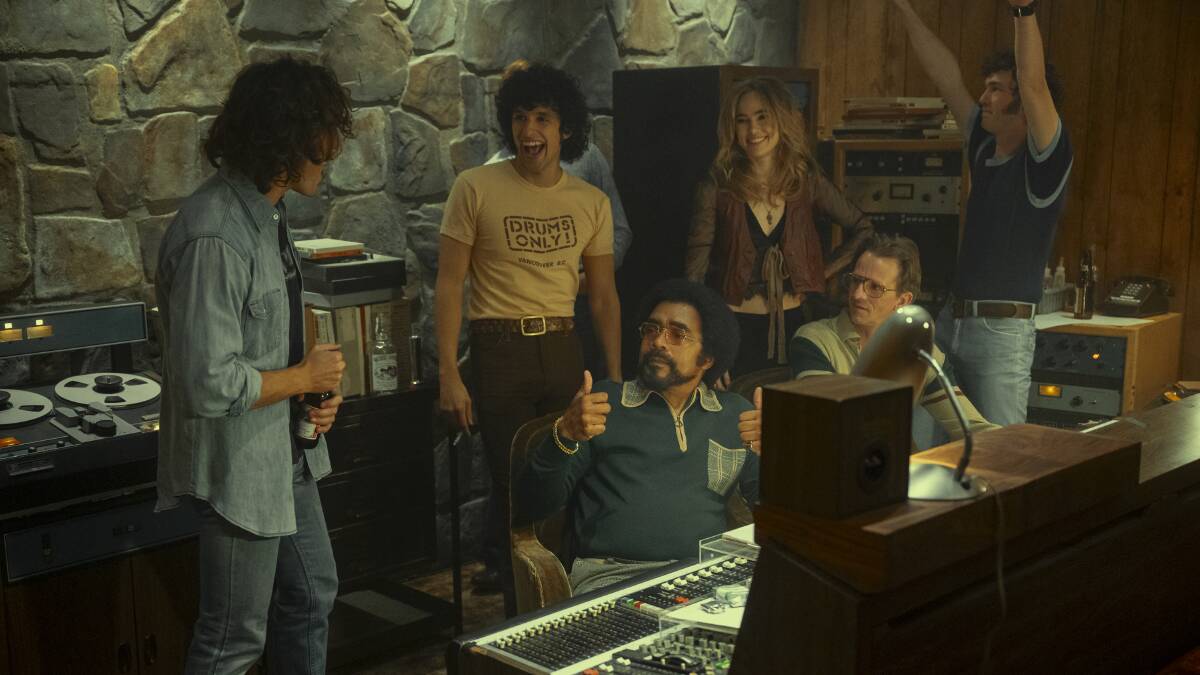
Putting aside the literary merits of a book capable of being completed before bedtime, there is certainly something Witherspoonian about Daisy Jones & the Six.
Witherspoon, an avid reader who harnesses the power of social media to keep the world abreast of what's she's devouring at any given moment, is also a canny producer with a talent for identifying source material ripe for screen adaptation, often with a distaff bent.
It's no surprise then, the Academy Award winner's production company is behind Daisy Jones & the Six and the series is proving as slick and addictive as previous products Big Little Lies and Little Fires Everywhere.
READ MORE:
It's also, as they say these days, very "meta", an objectionable term, which, on the scale of vocabularic irritability, sits one rung below being forced to cluster the words and symbols "daisy-jones-&-the-six" together on a regular basis.
The series, hinging on reaching the pinnacle of pop music fame, stars the granddaughter of the most famous musician/human being of the 20th century.
While the band isn't real, the songs are, written by a cavalcade of successful musicians, including Jackson Browne, someone who was actually plying his trade in those anarchic recording studios of the '70s.
The album, Aurora, which propels Daisy Jones et al into the adult contemporary stratosphere, never happened, but it is "real". You can stream it online and read (many positive) reviews as you would any "genuine" release.
The actors playing the band members do their own singing, even play their own instruments.
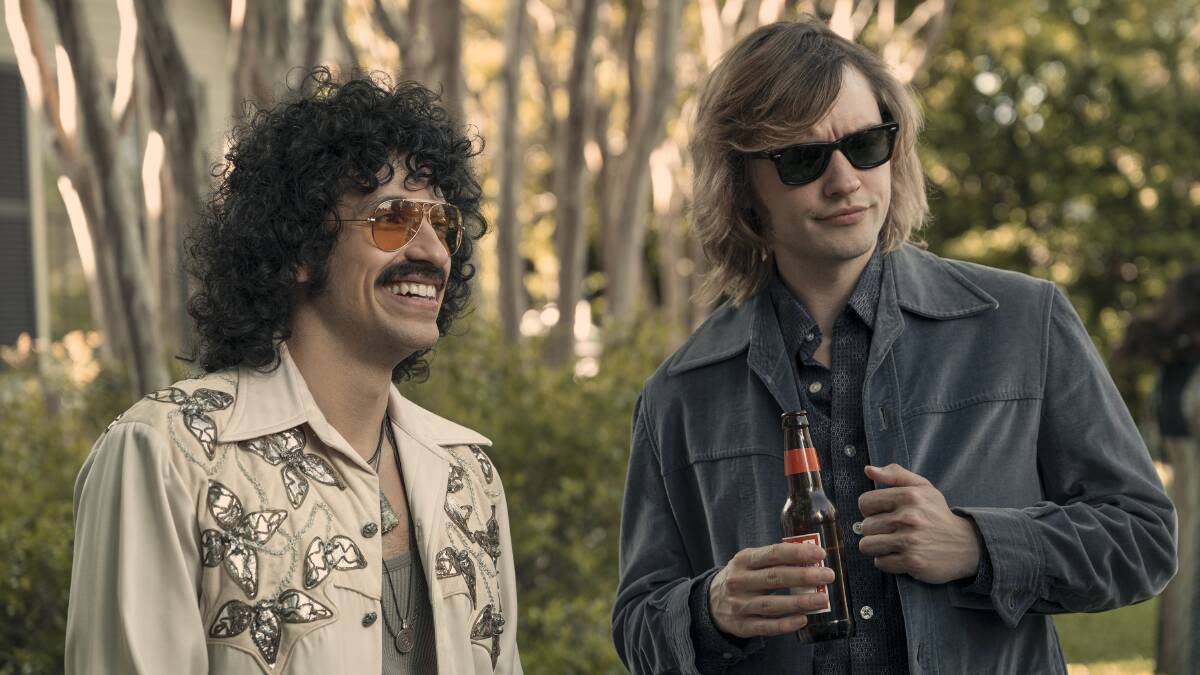
All this begs the question, is Daisy Jones & the Six now a real band? Will they be supporting the surviving members of Fleetwood Mac (and Neil Finn) on the 50th anniversary Rumours tour in 2027?
What is a "real band", anyway?
The Monkees began life as a fictional group for a 1960s television series but ended up with a string of hits and an army of living and breathing fans.
Alvin and the Chipmunks got five Grammys, Milli Vanilli got one.
The ridiculous cartoon characters had to give theirs back.
Dear old Leonard Cohen never started out as a muso, either. He was a poet who picked up a guitar and learned a few chords to salvage his tanking career.
Something tells me we haven't heard the last of Daisy Jones & the Six.
Still time to change that name.

